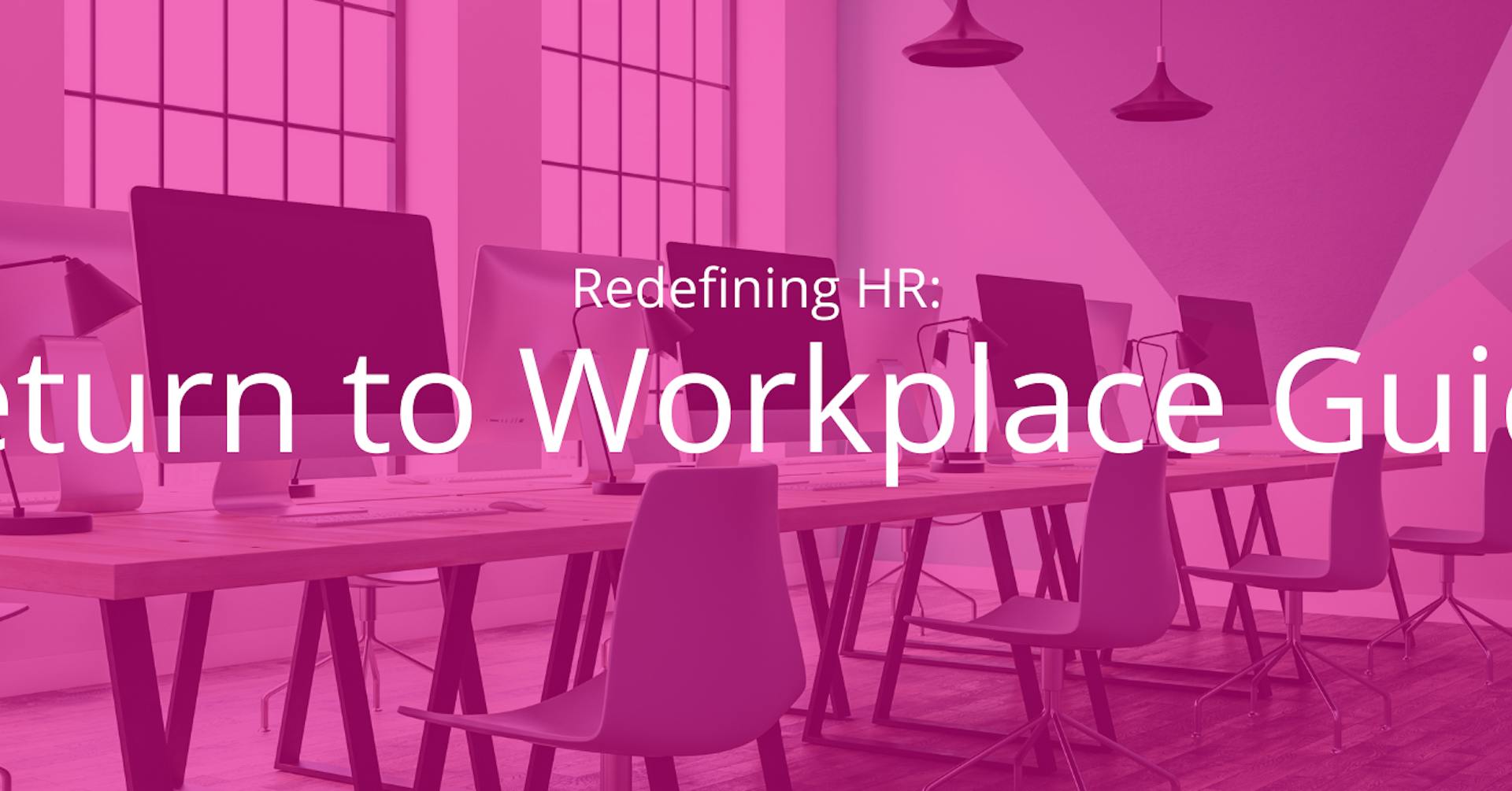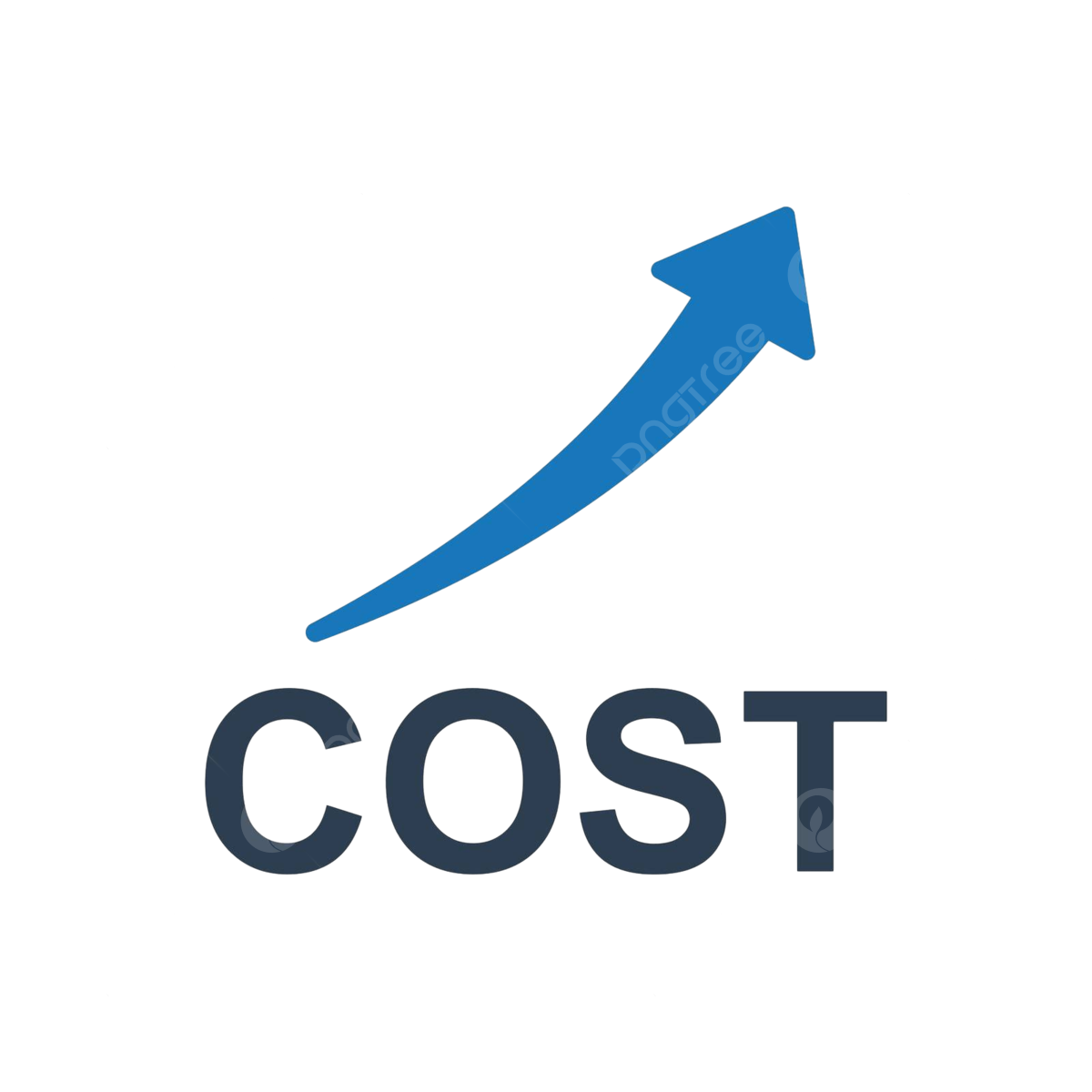Should You Return To A Company That Laid You Off? A Practical Guide

Table of Contents
Reasons to Consider Returning to Your Former Employer
Returning to a company that laid you off might seem counterintuitive, but several factors could make it a viable option. Let's explore some key reasons:
Improved Company Circumstances
Since your layoff, the company's fortunes might have changed significantly. A turnaround in financial health, a stronger market position, or increased overall stability can make a return more attractive. Consider these indicators of a healthier company:
- Increased profitability: Improved financial statements demonstrate a renewed capacity for growth and stability.
- New product launches: Successful new product lines suggest a company that is innovating and investing in its future.
- Successful mergers or acquisitions: Integration with a larger, more stable company can significantly improve the overall outlook.
- Positive industry trends: Favorable market conditions can benefit the company and enhance job security. Returning to work after a layoff might be far more appealing in a robust market.
Stronger Relationship with Your Former Manager/Team
A strong working relationship with your former manager and team can significantly influence your decision. If you maintained positive communication and your team thrived in your absence, reconnecting with them could be a compelling reason to rejoin your former employer. Consider these factors:
- Positive feedback from your manager: A positive assessment of your past performance suggests a willingness to welcome you back.
- Continued communication since the layoff: Maintaining contact demonstrates a valued relationship that can translate into a smooth transition.
- Team's success in your absence: If the team continued to achieve success after the layoff, this could highlight their resilience and collaborative environment. Rejoining a successful team can be an excellent opportunity to contribute to continued growth.
Attractive Compensation and Benefits Package
A significantly improved compensation and benefits package can be a powerful incentive. Carefully compare your previous offer with the new one. Consider these aspects:
- Increased salary: A substantial salary increase can offset any lingering concerns.
- Improved benefits: Enhancements in health insurance, retirement plans, or other benefits can significantly improve the overall package.
- Signing bonus: A significant bonus could further sweeten the deal.
- Stock options: Equity participation can be a valuable long-term incentive, particularly if the company is experiencing growth.
- Remote work options: Flexible work arrangements can provide better work-life balance, a crucial factor for many employees.
Potential Downsides of Returning to a Company That Laid You Off
While a return may seem appealing, it's crucial to weigh the potential drawbacks.
Lingering Resentment or Mistrust
The layoff experience can leave lasting scars. Even with improved circumstances, lingering resentment or mistrust might make it difficult to fully commit. Consider these potential challenges:
- Difficulty rebuilding trust: Repairing damaged trust takes time and effort, and may not always be possible.
- Fear of future layoffs: The risk of another layoff might be a constant source of anxiety.
- Potential for limited advancement opportunities: Your previous layoff could signal limited opportunities for growth within the company.
Damaged Professional Reputation (within the industry)
While rare, being laid off can, in some circumstances, affect your professional reputation. It's important to be prepared to address this in future interactions:
- Need to proactively address this in future interviews: Highlight your skills and experience, focusing on your contributions beyond your previous role.
- Focus on skills and experience beyond this one position: Emphasize your adaptability and resilience in navigating career transitions. This demonstrates your value as an employee regardless of the circumstances leading to your previous layoff.
Lack of Growth Opportunities
Returning might mean remaining in a similar role with limited opportunities for advancement. This could hinder your long-term career goals:
- Similar role: Rejoining in a similar position might limit your career progression.
- Stagnant salary growth potential: Limited advancement could lead to slower salary growth compared to other opportunities.
- Limited advancement possibilities: A lack of clear career paths within the company could stifle your ambitions.
Factors to Weigh Before Making Your Decision
Before deciding, carefully consider several key factors:
Your Personal Circumstances
Analyze your financial needs, the current job market conditions, and your overall career aspirations. Returning might be the best option if you're facing financial constraints or difficulty finding comparable roles.
The Company's Future Prospects
Conduct thorough research on the company’s financial stability, growth trajectory, and overall vision for the future. Assess whether the improvements are sustainable and if the company is genuinely moving in a positive direction.
Alternative Job Opportunities
Explore other job prospects to maintain leverage in your negotiation and ensure you're not settling for less than you deserve. This gives you a better understanding of the current job market and the range of opportunities available to you.
Conclusion: Making the Right Decision About Returning to Your Former Employer
Returning to a company that laid you off is a complex decision. Carefully consider the potential benefits – improved company circumstances, stronger relationships, and an attractive compensation package – alongside the potential drawbacks – lingering resentment, potential for limited growth, and possible reputational impacts. Weigh your personal circumstances, the company's future prospects, and the availability of alternative job opportunities. Carefully consider these factors before deciding whether to return to a company that laid you off. Make an informed choice that best serves your long-term career goals, considering all aspects of rejoining a former employer and exploring post-layoff career choices carefully.

Featured Posts
-
 Gold Price Record Rally Bullion As A Trade War Safe Haven
Apr 26, 2025
Gold Price Record Rally Bullion As A Trade War Safe Haven
Apr 26, 2025 -
 A Side Hustle Access To Elon Musks Private Companies
Apr 26, 2025
A Side Hustle Access To Elon Musks Private Companies
Apr 26, 2025 -
 Exploring Florida With A Cnn Anchor His Top Pick
Apr 26, 2025
Exploring Florida With A Cnn Anchor His Top Pick
Apr 26, 2025 -
 Stock Market Reaction To Chinas Economic Policies And Trade Disputes
Apr 26, 2025
Stock Market Reaction To Chinas Economic Policies And Trade Disputes
Apr 26, 2025 -
 Colgates Financial Results Tariffs Drive 200 Million Cost Increase
Apr 26, 2025
Colgates Financial Results Tariffs Drive 200 Million Cost Increase
Apr 26, 2025
